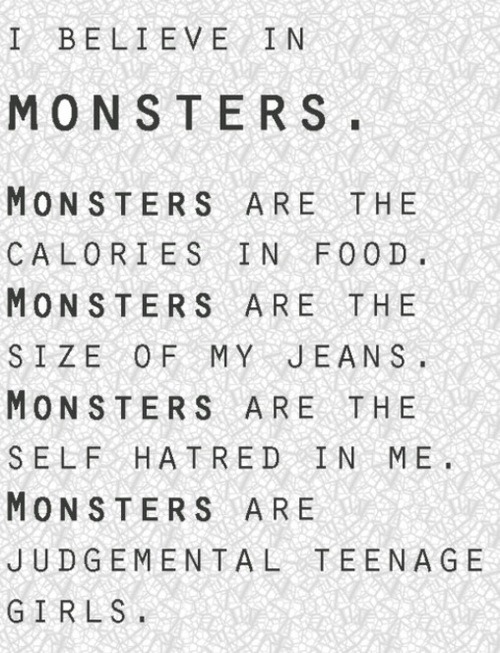As
Stanley Fish points out regularly, John Milton set the modern agenda for discussion of freedom of speech, liberty of conscience and the protections vested in academic tenure.
I don't agree with Fish about everything, but I believe he has the correct argument in this case, if I understand him correctly.
It's been a while since I read
There's No Such Thing As Free Speech (and it's a good thing, too) or his
Trouble with Principle. But I'll do my best.
Really, it's pepped up
pragmatism, a little less jargon-laden that
Richard Rorty but not as elegant as its earliest American exponents—as described decently well in
The Metaphysical Club.
Where does the law intersect with our right to express ourselves?
On the one hand, the right to swing one's fist ends where the other man's nose begins. On the other, we can't yell fire in a crowded theater.
And what about checking out another person while you're in a committed relationship?
Between the three, where does the law intervene?
I'm not a lawyer (thank goodness) but my sense as an historian: you need to be very careful when you facilitate the communication of information that is either itself illegal or facilitates illegal behaviour.
For instance, child pornography creates big problems. Can we read classical philosophers and study relationships between older men and younger boys without running afoul of some very restrictive laws that limit anything having to do with a minor's body or sexuality.
Or Fascism poses a frequently debated problem—for instance, Germany's restriction of Nazi material versus its permissibility in the US.
Also, when does it become proper to take action based on an idea, emotion or behaviour? We've debated recently the concern about mentally ill people getting guns.
If someone says, "I'm going to get a gun and kill so and so," a therapist or a priest or a lawyer, I believe, must violate confidentiality and report the problem. But, "god, I wish so and so got killed"? Does that merit reporting?
I believe, in a paternalist way -- Filmer before Locke -- that an institution must protect its charges from acting in a way that could cause themselves dire harm. If I presided over a school and on my campus I saw a student about to inject herself with heroin, for instance, I would feel a responsibility to stop the student.
Arguments at the extreme help, but they don't solve sticky problems in everyday life.
Currently, I lean toward thinking that institutions should ere on the side of caution when it comes to facilitating the transference of knowledge about illegal activities. Institutions' primary responsibilities -- to its trustees (think of the word literally) - must include protecting its assets and preserving its existence against internal and external threats. Such moral, ethical and financial stewardship cannot be taken lightly.
We can disagree with the law, but then we should take on the responsibility of changing it. For instance, when it comes to pot, the citizens of Colorado and Massachusetts have taken this matter into their own hands.
Now, this doesn't establish the practice by which such determinations should be made. That's a whole different matter, and deserves careful scrutiny, redundancy and review, consultation with legal counsel, and a means for appeal.




















